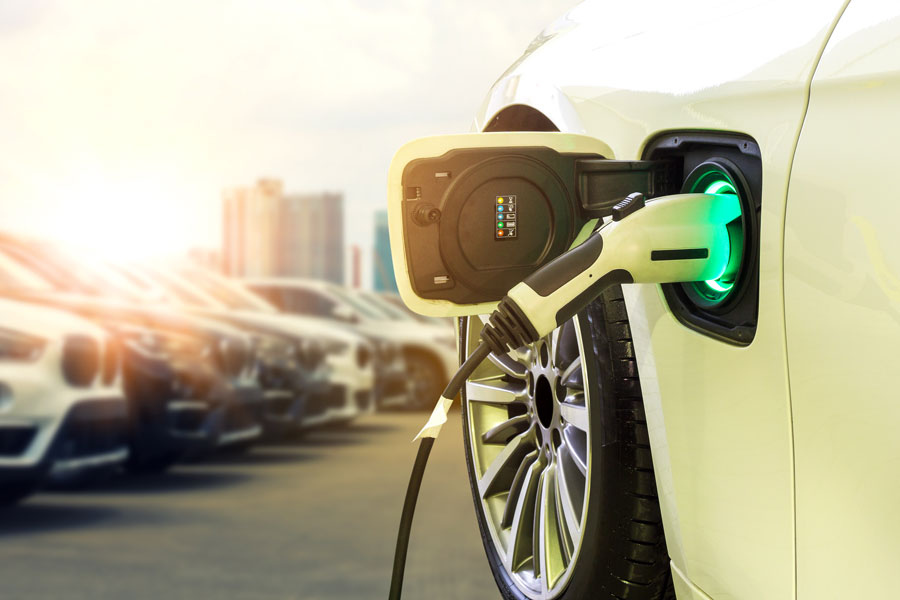
WASHINGTON, D.C. – While electric vehicles (EVs) indeed seem like a vision of the future come to life in modern times and are being embraced by an increasingly-larger segment of society – in addition to being backed by federal environmental mandates to further speed along their adoption – a new JD power survey indicates that a growing number of Americans do not want EVs, and are increasingly desperate to hold on to their faithful internal combustion engine-powered cars for as long as possible.
According to the survey that was carried out between January and March 2023, JD Power reports that the number of Americans who say they are “very unlikely” to buy an EV as their next mode of conveyance has leaped from 17.8 percent to 21.8 percent of all respondents. In contrast, the number of participants in the survey who said that they were “very likely” to purchase a battery-powered vehicle remained flat at 26.9 percent, with no upward growth.
Top-line metrics on overall EV market share, availability and affordability have been on a long-term upward trend,” JD Power said. “But beneath those headline numbers we are starting to see some consumer behaviors that suggest a possible bifurcation of the automotive marketplace.”
While electric vehicles initially appeared to be science fiction come to life and a major factor in combating climate change, as their adoption has become more widespread, consumers are noticing the numerous issues that come along with EV ownership as well, with many claiming the technology is not yet where it needs to be to support widespread public use.
Among the grievances directed at EVs by potential car owners include long charging times – ranging anywhere from 20 to 30 minutes or longer – lack of adequate charging infrastructure in place on both local and national levels, and the high price that many battery-powered vehicles currently fetch when compared to their more affordable, gas-powered brethren.
This comes as the market share for EVs continues to grow, having increased from 2.6 percent in February 2020 to 8.5 percent in February 2023. However, if widespread adoption is to continue, automotive manufacturers need to find a way to convince car owners to embrace this new technology while it is still in its relative infancy a working hard in getting out the tech-related kinks that early adopters have had to deal with.

Christopher Boyle is an investigative journalist, videographer, reporter and writer for SEARCHEN NETWORKS® as well as other independent news and media organizations in the United States. Christopher works on a wide variety of topics and fields, has been featured in print and online in a variety of publications, from local to national, and helps keep a keen-eye on what’s happening in the automotive world for Auto Buyers Market.
